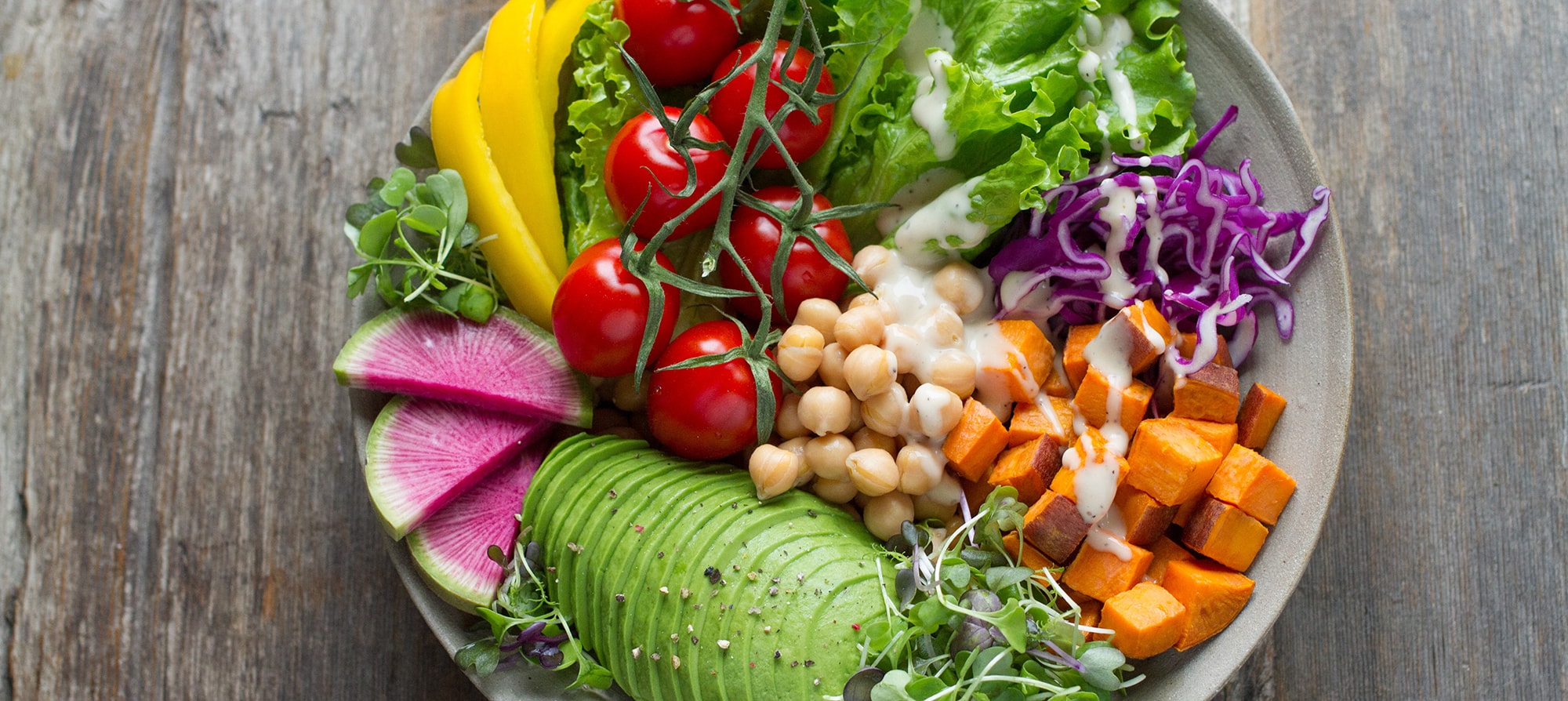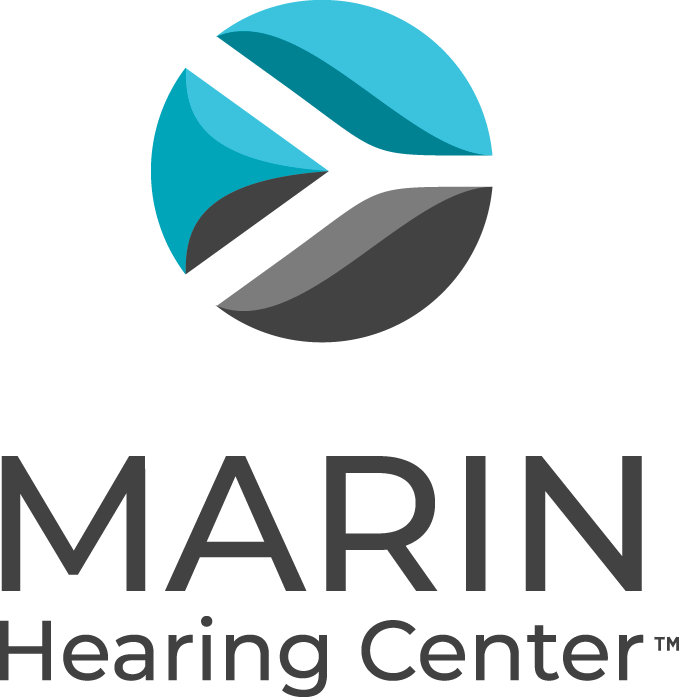Can diet affect hearing? If so, which foods are best for maintaining healthy hearing?
Diet can affect hearing according to a recent paper by Spankovich and Le Prell (2013). They reported on the emergence of a significant relationship between intake of dietary nutrients and susceptibility to acquired hearing loss. After controlling for age, race/ethnicity, sex, education, diabetes, and noise exposure, they found that those with higher dietary quality had better high-frequency hearing than those with poorer quality diets.
Their analysis was based on the National Health and Nutrition Examination Survey (NHANES, 1999-2002), which included 2,366 adults from 20-69 years of age for whom hearing was tested. “Overall dietary quality” was based on the Healthy Eating Index (HEI), a measure of diet quality that assesses conformance to federal (USDA) dietary guidance. A study of this size is meaningful and we weren’t surprised by the results.
At Marin Hearing Center, we believe in improving patient care by considering the whole person, not just the ears!
We recommend the following:
(based on the suggestions of Spankovich (2013)
- Eat healthy and exercise, but discuss any change in diet and exercise with your physician and seek additional information from a nutrition expert
- Simple changes you can start with (dependent on other health factors) :
1) reduce white foods and replace with brown
2) reduce processed foods
3) increase veggies (particularly green leafy veggies)
4) increase fruit, nuts, and seeds - Supplements will not replace the benefit of a healthy diet
References:
Spankovich, C. & Le Prell, C. (2013). International Journal of Audiology, 52:369-376.
Spankovich, C. (2013). Food for Thought: Nutrition and Noise. Audiology Online, July 24.



